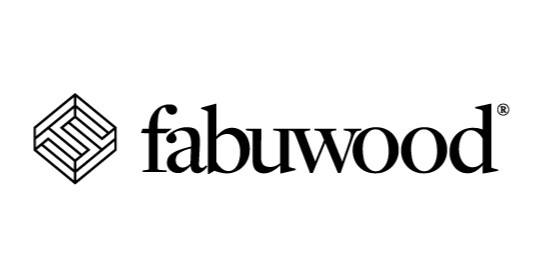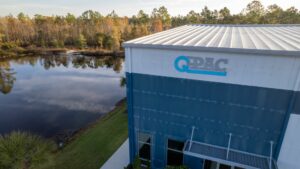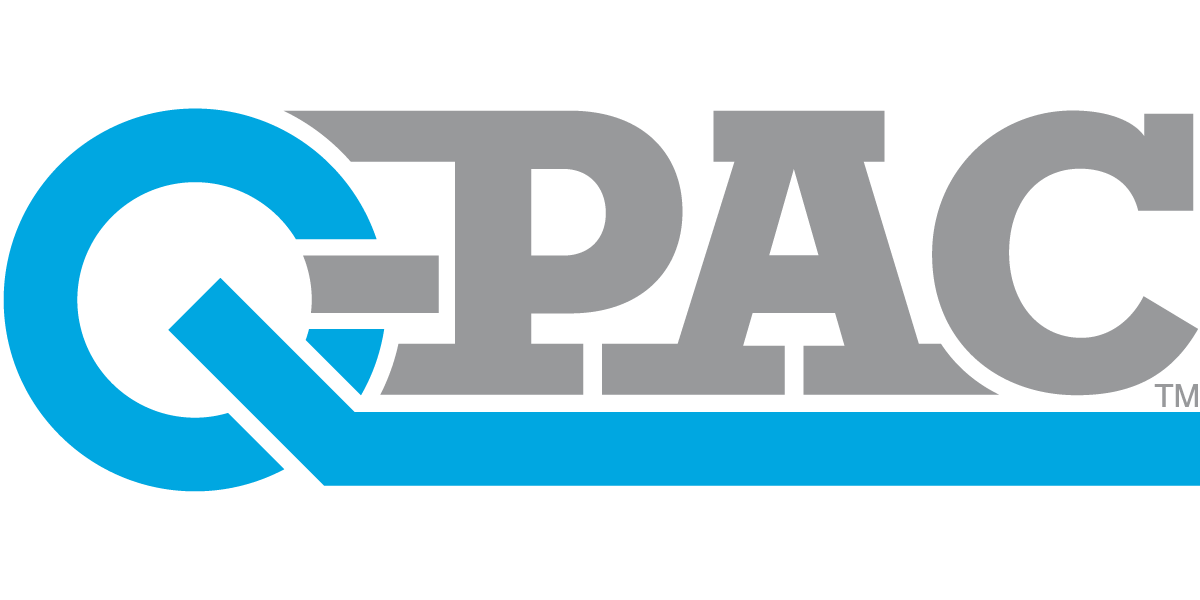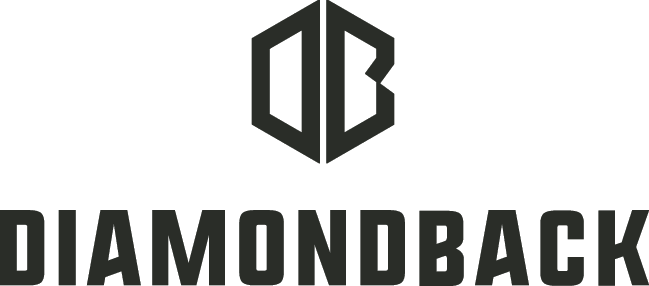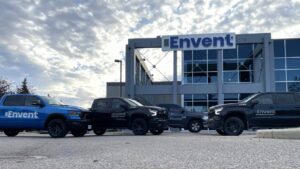Challenges
Headquartered in Newark, New Jersey. Fabuwood is a semi-custom kitchen cabinet manufacturer focused on delivering quality cabinets within five days of the order.
Yes. Five Days. Whereas typical delivery time frames for new kitchen cabinets take one to two months. Many businesses experienced longer delivery times when the pandemic disrupted supply chains.
How does Fabuwood achieve superior delivery times?
“We’re a technology company that happens to make kitchen cabinets,” explains Sendy Stern, Chief Technology Officer. The company invested millions in technology, which enables it to make cabinets fast and become a nationwide pioneer in the semicustom kitchen cabinet market. Eighty of the company’s 1,200 employees work in the IT department.
“We have a great team, a great staff from top to bottom that embraces challenge and speed and understands speed to market and the technology,” says Joel Epstein, Co-Founder, and Chief Operating Officer.
Fastest Growing Kitchen Cabinet Maker
Epstein started Fabuwood in 2009 with 40 employees and a small warehouse at a time when most cabinet makers still used fax machines for business communications. Today, Fabuwood operates in a state-of-the-art one-million-square-foot facility filled with highly automated machines and technology, and a second 400,000-square-foot manufacturing facility in Jersey City.
Fabuwood is the largest and fastest-growing semi-custom kitchen cabinetry manufacturer in the country, selling kitchen cabinets through 3,000 dealers. All dealers order through Fabuwood’s internally developed digital pricing tool, EZ Pricing which contains more than 15,000 SKUs, much more than most online catalogs. The EZ Pricing tool allows dealers to view current inventory, check prices, print quotes, check customer history, print reports, submit orders, receive manufacture and delivery times, and obtain shipping costs, including sales tax. Once an order is placed, manufacturing and the warehouse are notified and begin working on it.
Outgrew QuickBooks
Like many startups, Fabuwood chose QuickBooks to handle accounting. “As we started growing, we developed our own WMS system to track cabinets so we could see all the products in the warehouse,” Stern says. “Then we created our pricing system. We realized we would quickly outgrow QuickBooks and hit the ceiling with it. QuickBooks was basically not made for large enterprises. It was slow, and data was often corrupted. There were no controls, and there wasn’t an MRP, automation, and no customizations of the system.”
Data Analyst Shlomit Katz adds, “Our legacy systems had everything siloed, so making the manufacturing, inventory, and finance systems talk to each other was always difficult. Getting data out of those systems required intense coding, which wasn’t quick or easy.”
Making sure data from different systems was in synch and matched proved difficult and resource intensive. Syncing data “always caused a little bit of a mismatch or had inconsistencies and discrepancies,” says Katz.
As a result, the company began looking for an ERP system that could handle Fabuwood’s immediate needs and most importantly, scale efficiently to support future needs and ongoing rapid growth.
“We’ve seen tremendous growth in the past four years,” Stern says. “We’re one of the largest kitchen makers in the semi-custom market, and definitely the fastest growing.”
